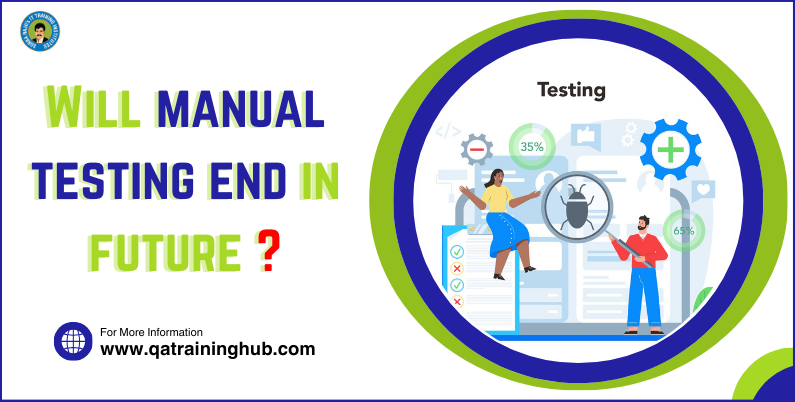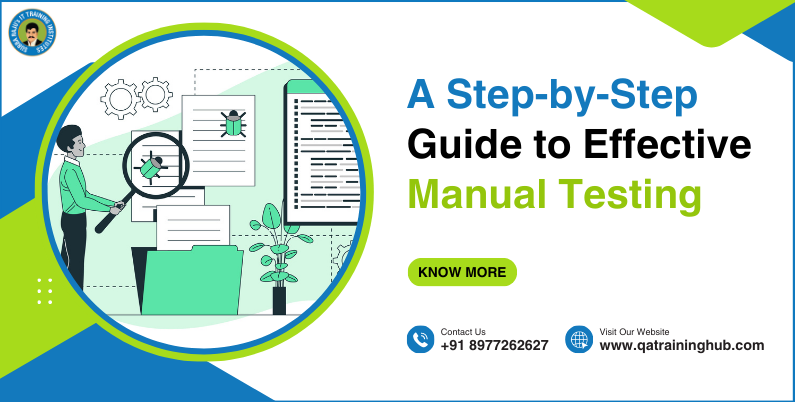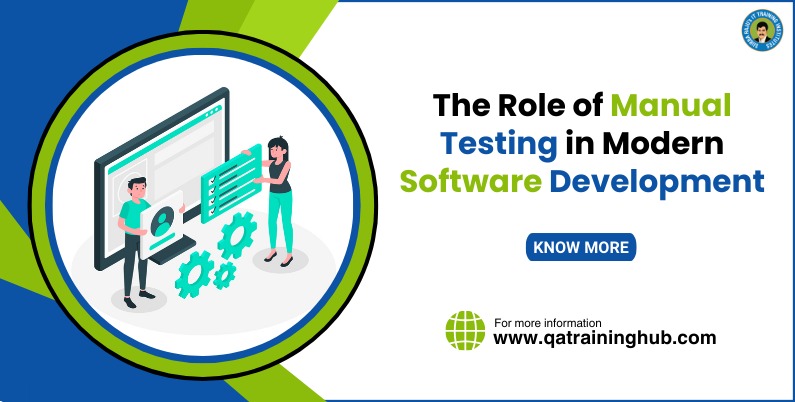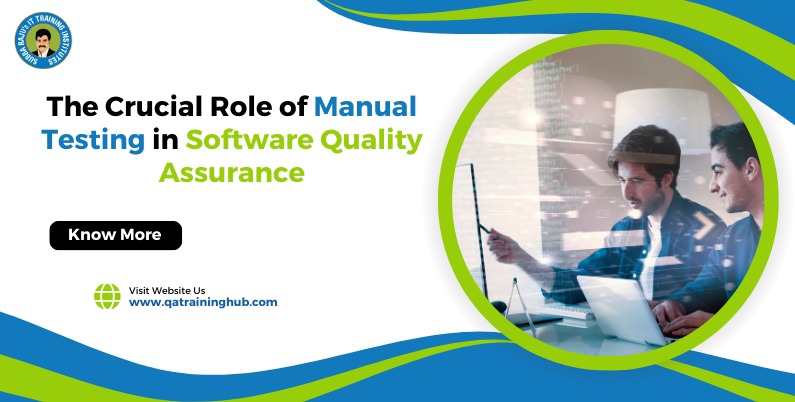
Embracing the Future: Why QA should be your Career Choice
In today’s fast-paced and ever-evolving technological landscape, the demand for high-quality software has never been greater. With the increasing complexity of software applications, the role of Quality Assurance (QA) has become vital in ensuring that products meet the highest standards. If you are looking for a career path and are passionate about technology, choosing QA as your career might just be the key to a fulfilling and dynamic professional journey.
The Future Scope of QA
- Continuous Technological Advancements:
As technology continues to advance, so does the complexity of software applications. QA professionals play a pivotal role in adapting to and mastering new technologies, tools, and methodologies. This adaptability ensures that QA remains a relevant and thriving field.
- Growing Demand for Quality Software:
The global reliance on software applications across industries, from healthcare to finance and entertainment, continues to expand. With this expansion comes an increased demand for high-quality software, making QA professionals essential contributors to the software development lifecycle.
- Shift Left and DevOps Integration:
The industry trend is shifting towards “Shift Left,” emphasizing the importance of early testing in the development process. Integrating Quality Assurance into the early stages of development and embracing DevOps practices ensures faster and more reliable software delivery. QA professionals, particularly those well-versed in automation, are at the forefront of this paradigm shift.
- Focus on User Experience:
As user expectations rise, there is an increased emphasis on delivering seamless and intuitive user experiences. QA engineers play a critical role in ensuring that software not only meets functional requirements but also provides a positive and user-friendly experience.
Roles and Responsibilities of a QA Engineer
Requirement Analysis:
QA engineers are involved in the early stages of the software development lifecycle, analyzing requirements to understand the functionality and expected behavior of the software. This early involvement ensures that testing strategies align with the project’s goals.
Test Planning:
Creating a comprehensive test plan is a crucial responsibility of QA engineers. This involves defining the scope of testing, selecting appropriate testing methodologies, and outlining test scenarios and test cases. A well-crafted test plan is the roadmap for the testing process.
Test Design and Execution:
QA professionals design test cases based on functional specifications and execute them to identify defects. This involves both manual testing and, increasingly, automated testing. Automated testing not only accelerates the testing process but also enhances its repeatability and accuracy.
Defect Reporting and Tracking:
Identifying and documenting defects is a critical aspect of QA. QA engineers report and track defects, collaborating with developers to ensure timely resolution. Effective communication skills are essential in conveying the impact and severity of defects to facilitate quick resolution.
Performance Testing:
Ensuring that software performs optimally under various conditions is vital. QA engineers conduct performance testing to assess the scalability, responsiveness, and stability of applications, ensuring they meet performance expectations.
Security Testing:
With the increasing threat landscape, security testing has become a non-negotiable aspect of software development. QA professionals assess vulnerabilities in software and work towards enhancing its security posture, protecting sensitive data and maintaining user trust.
Automation Scripting:
Automation has become integral to efficient and effective testing. QA engineers proficient in scripting languages create and maintain automation scripts to streamline repetitive testing tasks, allowing for quicker feedback and faster release cycles.
Collaboration and Communication:
QA professionals collaborate closely with developers, product managers, and other stakeholders throughout the development process. Effective communication ensures that everyone is on the same page regarding project goals, timelines, and any potential issues.
Continuous Learning and Improvement:
The dynamic nature of technology requires QA professionals to stay abreast of industry trends, tools, and best practices. Continuous learning is essential for personal and professional growth in the QA field.
Conclusion
Choosing QA as your career offers a multitude of opportunities for growth and impact. As the technology landscape evolves, QA professionals will play an increasingly pivotal role in ensuring the delivery of high-quality software. The future scope of QA is promising, with a growing demand for skilled professionals who can navigate the complexities of modern software development.
Embracing a career in QA means being at the forefront of technological advancements, influencing the user experience, and contributing to the overall success of software projects. The roles and responsibilities of a QA engineer are diverse and require a combination of technical proficiency, analytical skills, and effective communication.
If you are passionate about ensuring the quality and reliability of software applications, QA provides a dynamic and rewarding career path. As the digital era continues to unfold, QA professionals will remain at the heart of delivering innovative, secure, and user-friendly software solutions. Choose QA, and embark on a journey where your skills contribute to shaping the future of technology.
If you consider a career in Quality Assurance, it’s imperative to align yourself with a reputable training hub that can equip you with the necessary skills and knowledge to thrive in this dynamic field. QA Training Hub stands out as a premier institution, offering comprehensive QA training both online and in classrooms. Their commitment to providing the best QA training in Hyderabad makes them a top choice for individuals aspiring to become proficient QA engineers.
By choosing QA Training Hub, you not only gain access to industry-standard training modules but also benefit from the expertise of seasoned professionals who understand the intricacies of QA in today’s fast-paced technological landscape. The combination of theoretical knowledge and practical insights ensures that you are well-prepared to meet the challenges and opportunities that a career in QA presents.
Choose excellence, choose proficiency, and choose QA Training Hub to pave the way for a successful and rewarding career in Quality Assurance.







